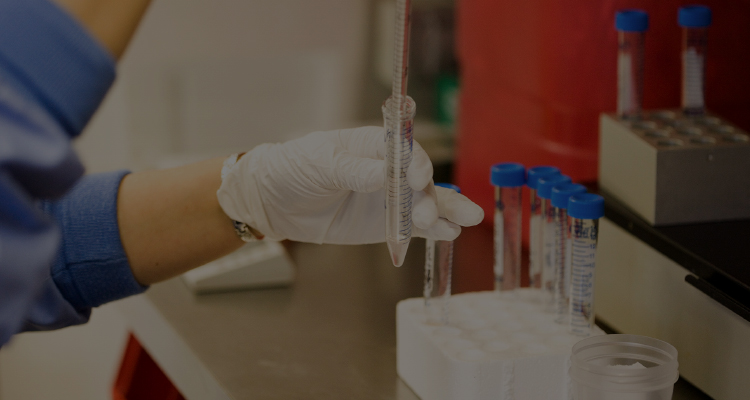주요연혁 / 연구실적
연구활동 Effect of activation time on the nuclear remodeling and in vitro devel…
페이지 정보
Effect of activation time on the nuclear remodeling and in vitro development of nuclear transfer embryos derived from bovine somatic cells. CHOI, JONG-YEOB
Korea J. Animal Reprod. 춘계학술대회 Proceedings: 6, 2002. 6. 14-16
Effect of activation time on the nuclear remodeling and in vitro
development of nuclear transfer embryos derived from
bovine somatic cells
CHOI, JONG-YEOB
Department of Animal Science
Graduate School, Kangwon National University
Abstract
This study was conducted to investigate the effect of recipient activation
time on the nuclear remodeling, chromatin structure, pronuclear formation
and in vitro development of bovine nuclear transfer embryos derived from
adult ear skin cells. Somatic cells were transferred to enucleated oocytes
after quiescent treatments by serum starvation or growth to confluency.
Nuclear transfer embryos were activated with a combination of Ca++-
ionophore and cycloheximide at 1, 1.5, 2, 2.5, 3, and 5 h after
electrofusion. After fusion, number of embyos with condensed chromsomes of
Ⅰ(early PCC) and Ⅱ(full PCC) types increased in embryos activated within
2 h, while Ⅲ(elongated PCC) and Ⅳ(scattered PCC) types increased in
embryos activated after 2.5 h. The proportion of embryos with single
chromatin clump (40.6-56.7%) was significantly increased when nuclear
transfer embryos were activated within 2.5 h after fusion compared to that
of embryos were activated at 3 (22.3%) and 5 h(0.0%) after fusion(P<0.05).
Developmental rate to the blastocyst stage significantly higher in embryos
activated within 2 h after fusion(17.3-21.7%) compared to that of embryos
activated at 2.5 to 5 h after fusion(P<0.05). Proportion of embryos with
normal chromosome constitutions decreased with prolongation of activation
time. In nuclear transfer embryos at 5 h after fusion, pronuclear membrane
formation was restricted and polar body extrusion was increased. From the
present result, it is suggested that activation time after fusion can
affect nuclear remodeling, chromatin structure, chromosome constitution
and in vitro development of bovine nuclear transfer embryos. Activation
within 2 h after fusion can enhance the in vitro development of nuclear
transfer embryos derived from bovine adult ear skin cells.






















